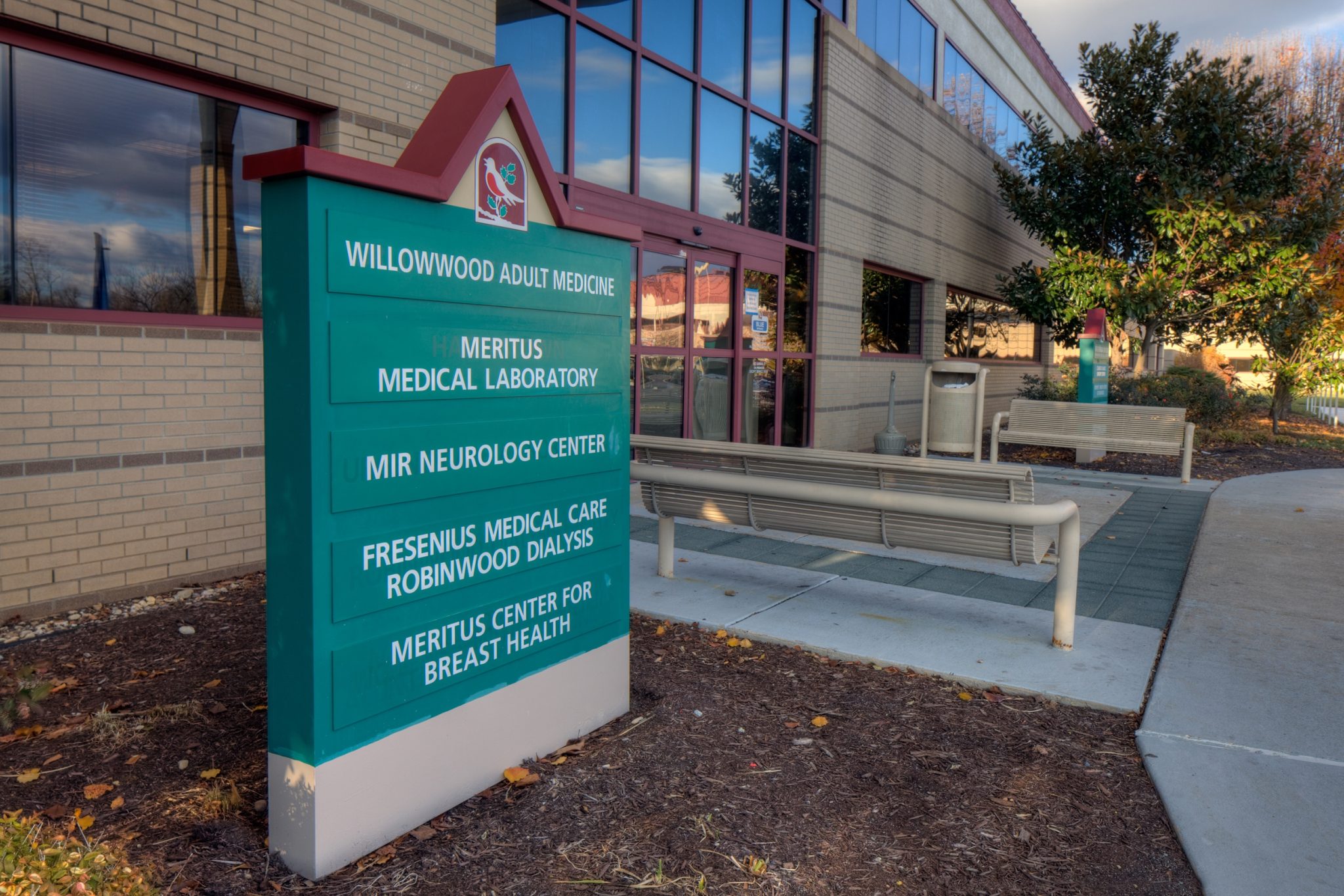We're Hiring! Join Our Team as a Nurse Practitioner - Apply Now. to Make a Difference in Patient Care!
Seizures

Seizure Diagnosis and Treatment Services
Seizures are sudden, uncontrolled electrical disturbances in the brain that can cause changes in behavior, movements, or levels of consciousness. They are a symptom of a neurological disorder and can range from mild to severe. While some individuals experience only one or two seizures in their lifetime, others may have chronic, recurrent seizures, leading to a diagnosis of epilepsy. At our clinic, we specialize in diagnosing, treating, and managing seizures, providing personalized care to improve the quality of life for our patients.
What are Seizures?
A seizure occurs when there is abnormal electrical activity in the brain. The brain’s neurons communicate via electrical signals, but in a seizure, these signals become erratic, leading to a wide range of symptoms. Seizures can affect anyone, regardless of age, and can occur for a variety of reasons. They are generally classified into two broad categories:
- Focal Seizures (Partial Seizures): These seizures begin in one specific area of the brain and can cause a variety of symptoms, depending on the part of the brain involved. Focal seizures may be simple (without loss of consciousness) or complex (with altered consciousness).
- Generalized Seizures: These affect both sides of the brain and often result in more noticeable symptoms. Types of generalized seizures include tonic-clonic seizures (grand mal), absence seizures (petit mal), atonic seizures, and myoclonic seizures.
Seizures can vary significantly in severity and duration. Some people may experience only a brief episode of altered awareness, while others may have violent convulsions or loss of consciousness. Seizures can be triggered by many factors, including underlying medical conditions, stress, lack of sleep, or flashing lights.
Common Causes of Seizures
Seizures can occur for various reasons, ranging from temporary factors to chronic neurological conditions. Some common causes include:
- Epilepsy: A chronic neurological condition characterized by recurrent seizures. Epilepsy can be caused by genetic factors, brain injury, or developmental issues.
- Head Injuries: Traumatic brain injuries (TBI) can cause seizures, either immediately after the injury or even years later.
- Brain Infections: Infections such as meningitis, encephalitis, or brain abscesses can cause inflammation in the brain, leading to seizures.
- Stroke: A stroke can damage brain tissue, leading to seizure activity.
- Tumors: Brain tumors, whether cancerous or benign, can disrupt normal brain function and trigger seizures.
- High Fever (Febrile Seizures): In young children, high fever can lead to febrile seizures.
- Metabolic Imbalances: Low blood sugar (hypoglycemia), electrolyte imbalances, or liver or kidney failure can sometimes cause seizures.
- Genetic Factors: Some individuals inherit a predisposition to seizures or epilepsy, making them more likely to experience seizure episodes.
- Drug or Alcohol Withdrawal: Withdrawal from alcohol, drugs, or medications can lead to seizures.
In some cases, the cause of seizures may remain unknown, which is referred to as idiopathic epilepsy.
Symptoms of Seizures
Seizures can present in many different ways depending on the type and severity. Common symptoms include:
- Convulsions (Tonic-Clonic Seizures): Sudden muscle stiffness followed by jerking movements.
- Loss of Consciousness: Complete or partial loss of awareness during the episode, which can last from a few seconds to several minutes.
- Staring or Blank Stares (Absence Seizures): Brief episodes where the person may appear to be staring into space and unresponsive to their surroundings.
- Tingling or Numbness: Unusual sensations such as tingling, numbness, or a feeling of being “out of body.”
- Confusion or Memory Loss: Postictal confusion (the period after a seizure) is common, and some individuals may not remember the event.
- Muscle Jerks or Twitching: Uncontrolled movements of the limbs or face.
- Aura: Some individuals experience a warning sign (known as an aura) before a seizure. This could involve unusual sensations, a rising feeling in the stomach, or visual disturbances.
If you or someone you know experiences these symptoms, it’s important to seek medical attention for proper diagnosis and treatment.
Diagnosis of Seizures
A comprehensive approach is necessary to diagnose the cause of seizures. Our clinic follows a thorough diagnostic process, including:
- Medical History and Symptom Review: Understanding the frequency, type, and pattern of the seizures, along with any possible triggers or contributing factors, helps to determine the underlying cause.
- Neurological Examination: A detailed assessment of cognitive function, reflexes, coordination, and strength is essential to identify any neurological abnormalities.
- Electroencephalogram (EEG): An EEG is a key diagnostic tool for measuring the electrical activity of the brain. It can help pinpoint abnormal brain wave patterns associated with seizures.
- Imaging Tests: MRI or CT scans may be used to identify structural issues in the brain, such as tumors, lesions, or brain damage from previous injuries.
- Blood Tests: These tests help rule out metabolic disorders, infections, or other conditions that may contribute to seizure activity.
Treatment Options for Seizures
The treatment plan for seizures depends on the underlying cause, the type of seizures, and the patient’s overall health. At our clinic, we offer a range of treatments to help manage seizures and improve quality of life, including:
1. Medications
- Antiepileptic Drugs (AEDs): These medications are commonly prescribed to control and prevent seizures. They work by stabilizing electrical activity in the brain. The specific drug or combination of drugs depends on the type of seizure and the patient’s response to treatment.
- Benzodiazepines: These may be used in emergency situations to stop a prolonged seizure (status epilepticus).
2. Lifestyle Modifications
Certain lifestyle changes can help reduce seizure frequency or severity:
- Adequate Sleep: Ensuring sufficient and regular sleep is critical, as sleep deprivation can trigger seizures.
- Stress Management: Techniques like relaxation, meditation, and exercise can help manage stress, a known trigger for seizures.
- Dietary Changes: In some cases, a ketogenic diet, which is high in fats and low in carbohydrates, may help control seizures, particularly in children with epilepsy.
3. Surgery
For individuals whose seizures do not respond to medication, surgical options may be considered:
- Resection: Removing the part of the brain responsible for seizures, often in patients with localized brain abnormalities.
- Vagus Nerve Stimulation (VNS): A device is implanted in the chest and connected to the vagus nerve in the neck, delivering electrical impulses to the brain to reduce seizure activity.
- Responsive Neurostimulation (RNS): This device detects abnormal brain activity and delivers electrical stimulation to stop seizures before they begin.
4. Supportive Therapies
- Cognitive Behavioral Therapy (CBT): CBT can help patients cope with the psychological impacts of living with seizures.
- Physical and Occupational Therapy: For those with cognitive or physical impairments from seizures, therapy can help improve mobility and function.
Why Choose Our Seizure Treatment Services?
- Comprehensive Care: We offer a full spectrum of services, from diagnosis to treatment, to manage seizures and prevent recurrence.
- Experienced Specialists: Our team of neurologists and epileptologists has years of experience in treating seizures and epilepsy.
- Personalized Treatment: Every patient receives a treatment plan tailored to their specific needs, focusing on seizure control, safety, and quality of life.
- Advanced Technology: We use the latest diagnostic tools and treatment options, ensuring that our patients receive the most effective care available.
Contact Us Today
If you or a loved one is experiencing seizures, contact our clinic today to schedule a consultation. Our compassionate team is here to help you understand your condition and explore the best treatment options for you.
































